Our street was narrow, unpaved, and flanked by two large stone walls. This was before the joli maisons; homes sprang up like mushrooms all around us, replacing the vineyards with their knobby trunks that had been toiled by hand and ancient olive trees. This was before the new families arrived, who would never know that their home replaced a fading lifestyle and land that sang for centuries. This was before we had to say goodbye to those who had lived on Rue du Moulin all their lives and made it a street that embraced you with a sense of history.
Since the construction trucks couldn't pass on our narrow street, those stone walls that had been there longer than anyone living in the village had to come down. The tumbling of those walls ended the life that used to trespass on either side.
Daily, I strolled down the unpaved rue with my children; I embraced the local color of our village every step of the way. I loved those afternoon walks where it felt like I slipped back in time, seeing the France of movie sets that had become my life.
"Monsieur Gaston!" I greeted as he called in his strong Provençal accent, waving with his cap, "Come see!" In the middle of the vineyard, at the foot of the mountain, he was gathering wild asparagus. "Here, taste it, and you can eat them raw," he said with a joyful beam as his weathered hands handed us the asparagus. We sat in the vineyard, eating from his basket, while my baby son entwined his tiny fingers with the vines, making Monsieur Gaston laugh.
"This asparagus is my secret. I've been coming to this spot for years; aren't they delicious?" Mr. Gaston winked and added a few more wrinkles to his beautifully aged face.
After the impromptu picnic, we continued on our way along the unpaved road to where the road ends and a trail into the forest begins. In the forest, we met our older neighbor Ylonde with sweet smiling eyes who rode a bicyclette. That day attached to her bicyclette was a large basket. As we grew closer, we could see the purpose of that basket. Ylonde was gathering twigs. She shyly smiled as being caught doing something sneaky, "I can never be too early, little by little; I need to amass twigs for the winter; I can only carry so much at a time in my basket." My children scurried about, making a game out of gathering a few dry twigs, and eventually handed them to her, and we were on our way.
Michel walks with a slight limp from childhood, and his left hand always hides in his pocket. However, that has never stopped him from collecting fennel in the fields to sell at the local marché. Michel pulls me aside and says, "Do you think we should dig up all the wild tulip bulbs? The new houses will stand right on top of them." He is right; I hadn't thought about that. I gazed upon the open field and realized that instead of seeing wild red tulips with yellow stripes, I would see paved driveways next year.
Not so far after, we saw Annie tenderly picking sage. After kissing the children bonjour, she said, "Il vaut mieux avoir la sauge dans son jardin que d'avoir un frère médecin" (It is better to have sage growing in your garden than to have a brother as a doctor.) "…This is my garden," she spread out her arms. Annie invited us to her house, where she prepared fresh sage tea, which we ate with some of her black olives from the olive trees she picked on the rue du Moulin and dry bread.
Lining both sides of the river are ancient plantain trees. Crossing the river was always a highlight of our promenade. First, we had to find footing; if too deep, piggyback rides were in order. Next to the river is the laverie, le nettoyage à l'ancienne, where long ago, the community gathered to wash clothes. Sure enough, as if time had not moved on, there was Marie, washing her clothes, scrubbing them on the washboard made of stone. "Bonjour, Madame," she nervously adds, "I know! I know! I'm crazy! But the clothes smell so naturally fresh, like when my mother washed our clothes. Plus, I have time; I can do what I want at my age, Non?" Looking at this 85-year-old woman who had lived her entire life in the village I called home, I had to agree, but I doubted if I could sit on my knees that long.
This daily walk down our street was real and happened just like I said, but when the stone walls came tumbling down, homes sprang up like mushrooms; this way of life went back in memory, in a spirit that made my village change; only those who encountered these old souls can recall how it was, and now rest inside those who shared France of another generation.
Photos from Pexel as I do not have any photos from 1994
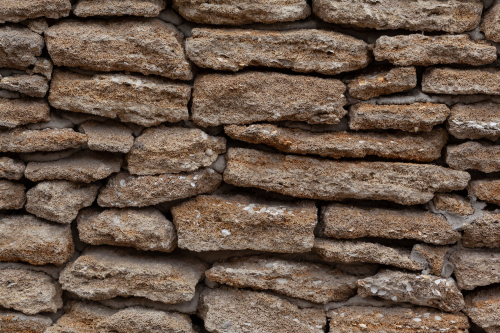
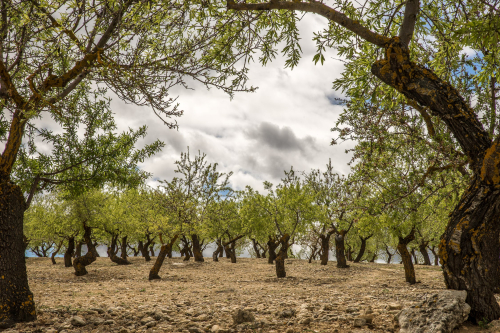
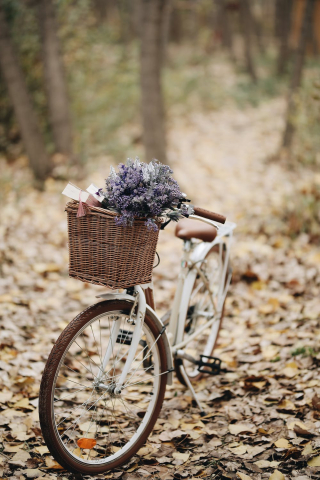

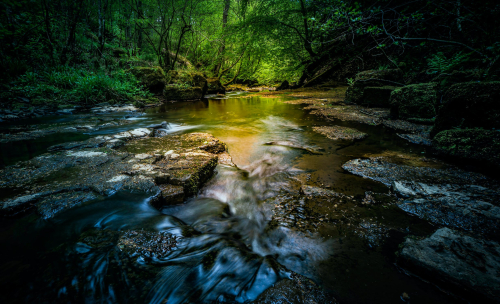
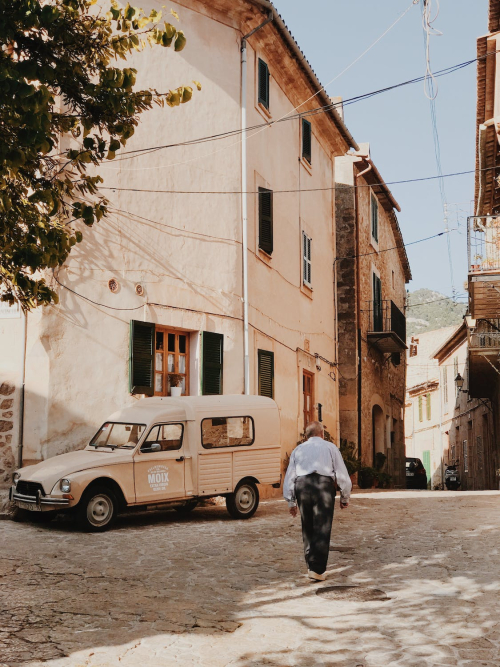

Leave a Reply